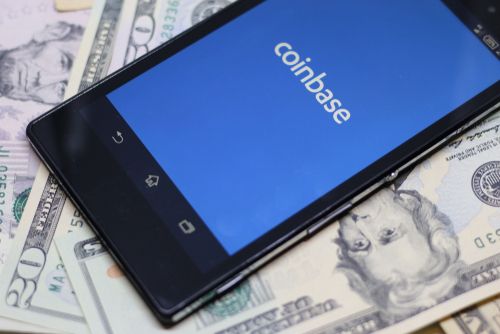
Coinbase, perhaps the most trusted of all the cryptocurrency exchanges, has announced their intention of issuing a proprietary exchange token in order to facilitate Initial exchange Offerings (IEOs). It will take a few months before the announcement is solidified, but Coinbase’s head of institutional sales in the Asia region, Kayvon Pirestani, has said:
“In a nutshell, Coinbase is carefully exploring not only the IEO space but also STOs [security token offerings]. But I can’t make any formal announcements right now.”
Basically, Coinbase is looking into several different capital raising tools right now, and IEOs are at the top of their list, having already been adopted by Binance, Bitfinex, OKcoin, and Kucoin. IEOs are viewed as much more advantageous for investors and traders, as well as more friendly in a regulatory sense, so the shift in this direction is promising for the market as a whole.
The Mechanics of an IEO
IEOs and ICOs (Initial Coin Offerings) are both crowdfunding tools for startups issuing their own cryptocurrency, but the risk and ease of participating in an IEO is significantly improved. In the ICO rush of 2017, you had startups selling their tokens directly to the investor. Fraud was rampant at the time, and it gave the crypto community a bad name.
In an IEO, you have a cryptocurrency exchange acted as the trusted broker, or a middleman. This means that they will handle the know your customer (KYC) and anti-money laundering (AML) checks on the startup’s behalf. So rather than needing to submit your information every time, you submit it to an exchange once, and they handle the regulation aspect of all the purchase you make in the meantime.
Because of this middleman arrangement, you have the crypto exchanges performing significant due diligence on the projects before offering them to their customers. As such, this mitigates a portion of the risk that was present in 2017. These are all still risky projects, but not in the same way that a direct ICO was back then.
An additional difference is you’ll have exchanges like Binance issuing their own tokens (BNB) as the medium of exchange for the sale. This not only allows for simpler facilitation of sales, but also an instant secondary market. One of the worst parts of ICOs was the lock-in period before it was possible to trade coins. Illiquid assets are much riskier than liquid ones.
Implications for Future Expansion
Regulated securities offerings, although mentioned in the above quote by Pirestani, are still a ways off for Coinbase. They have purchased 3 securities firms with broker-dealer licenses (Keystone Capital Corp., Digital Wealth LLC, and Venovate Marketplace), but a strategy shift is required before these companies will be ready to handle STO’s (Security Token Offerings).
Coinbase is a goliath in the market, and although Binance trades more volume than them, they are still seen as the top fiat-crypto gateway for the layman. Part of this comes from their San Francisco origins and high profile investor-base. As a giant in the market, they are less likely to make big risky moves, and will wait until there is demand for STOs, as they did with IEOs.

